The United States and the United Kingdom have struck at Houthi military targets in Yemen. Who are the Houthis, and what does Iran have to do with it?
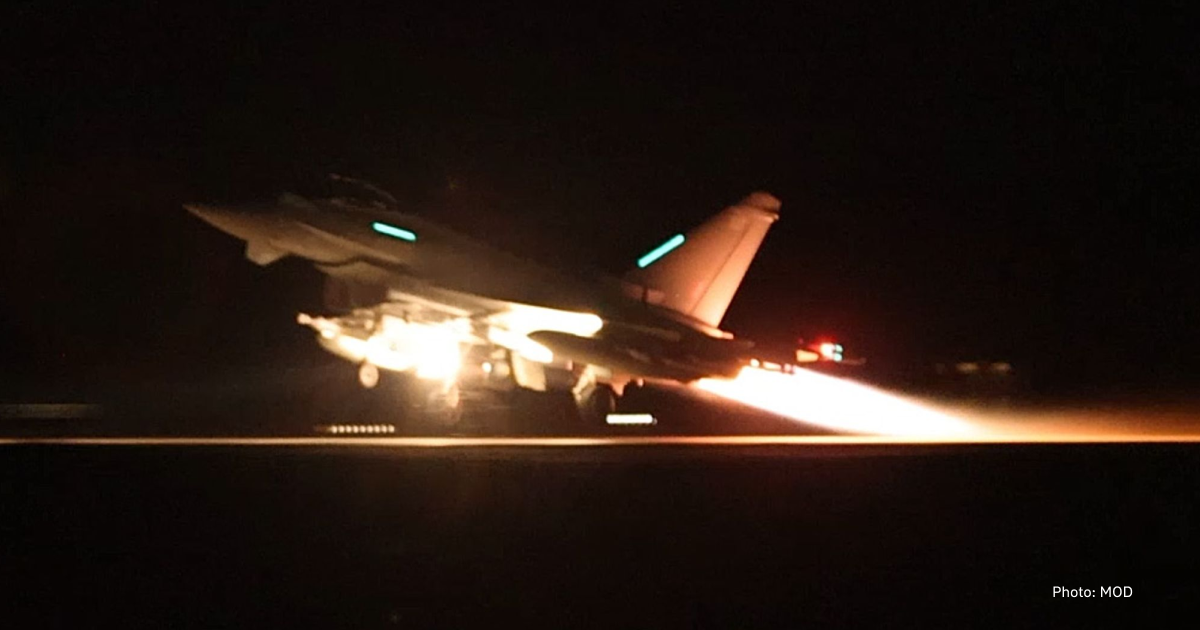
What happened?
The United States, together with the United Kingdom and with the support of Australia, Bahrain, Canada, and the Netherlands, have struck a number of military targets in Yemen. US President Joe Biden and British Prime Minister Rishi Sunak announced this. Denmark, Germany, New Zealand, and South Korea also supported the decision to strike.
It targeted radar and air defence systems, as well as storage and launch sites for drones, cruise and ballistic missiles.

The strikes are a direct response to Houthi attacks on international vessels in the Red Sea, including the use of anti-ship ballistic missiles.
Last month, the United States launched Operation Prosperity Guardian — a coalition of more than 20 nations committed to defending international shipping and deterring Houthi attacks in the Red Sea. Today’s defensive action follows this extensive diplomatic campaign,
Joe Biden said.
In his statement, Rishi Sunak called the strikes "necessary and proportionate actions in self-defence" to weaken the Houthis' military capabilities and protect global shipping.
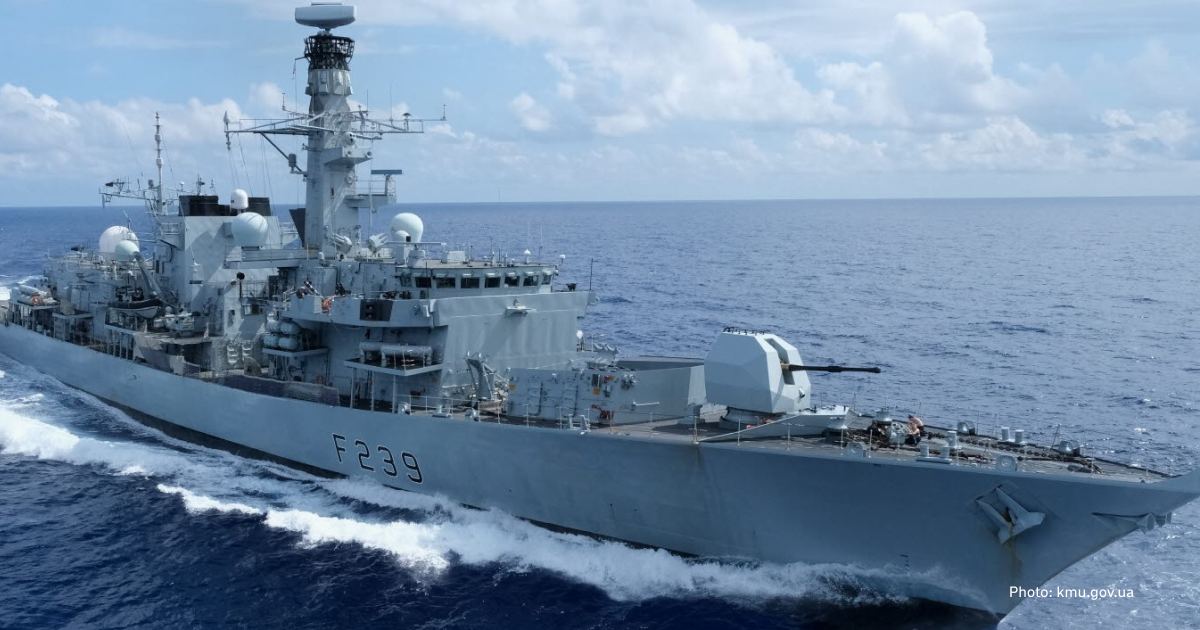
The British Prime Minister added that the Royal Navy continues to patrol the Red Sea as part of the multinational Operation Prosperity Guardian to deter further Houthi aggression in the region and called on the rebels to stop their attacks and take steps to de-escalate.
At the same time, British Defence Secretary James Heappey said that further strikes on Yemen are not planned.
What facilities were struck?
US Air Force Commander Alexus Grynkewich said that the US and British military struck more than 60 targets in 16 locations of Houthi militants in Yemen.

Command posts, ammunition depots, launch systems, production facilities and air defence radar systems were attacked. During the attack, the military used more than 100 precision-guided munitions of various types.
According to CNN, the targets were:
- Kahlan military base in the province of Saada;
- Al-Dailami air base north of the Yemeni capital, Sana'a;
- Hodeidah airport area;
- Taiz airport and other facilities in Taiz province in the southwestern part of Yemen;
- Abbas airfield.

Who are the Yemeni Houthis?
The Houthis are an armed group of Zaidi Shiites (a branch of Islam founded by Zayd ibn ʿAlī — ed.), named after its founder, Hussein Badreddin al-Houthi. The group emerged against the religious influence of Saudi Arabia in Yemen in the 1990s. It has about 20,000 fighters and is officially called Ansar Allah. The Houthis de facto rule most of western Yemen and control the Red Sea coast. Iran supports this formation.
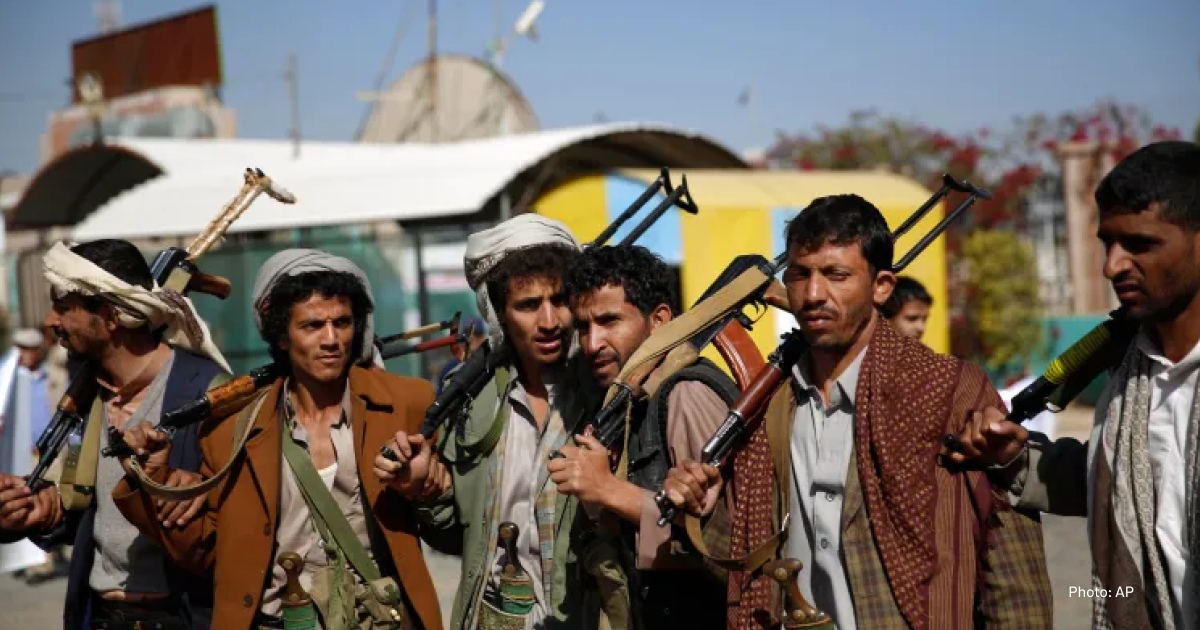
In 2014, the Houthis united with former Yemeni President Ali Abdullah Saleh (who resigned in 2012 after protests in the country) in an attempt to capture the capital Sana'a, and in 2015 they overthrew President Abdrabbuh Mansur Hadi, who was supported by the West. After Hadi was forced to flee, the Yemeni government-in-exile asked its allies in Saudi Arabia and the UAE to launch a military campaign. This is how the civil war began in the country. The main parties to the conflict are Yemen's internationally recognised government, the so-called Supreme Political Council, which includes, among others, the Houthis and Al-Qaeda in the Arabian Peninsula.
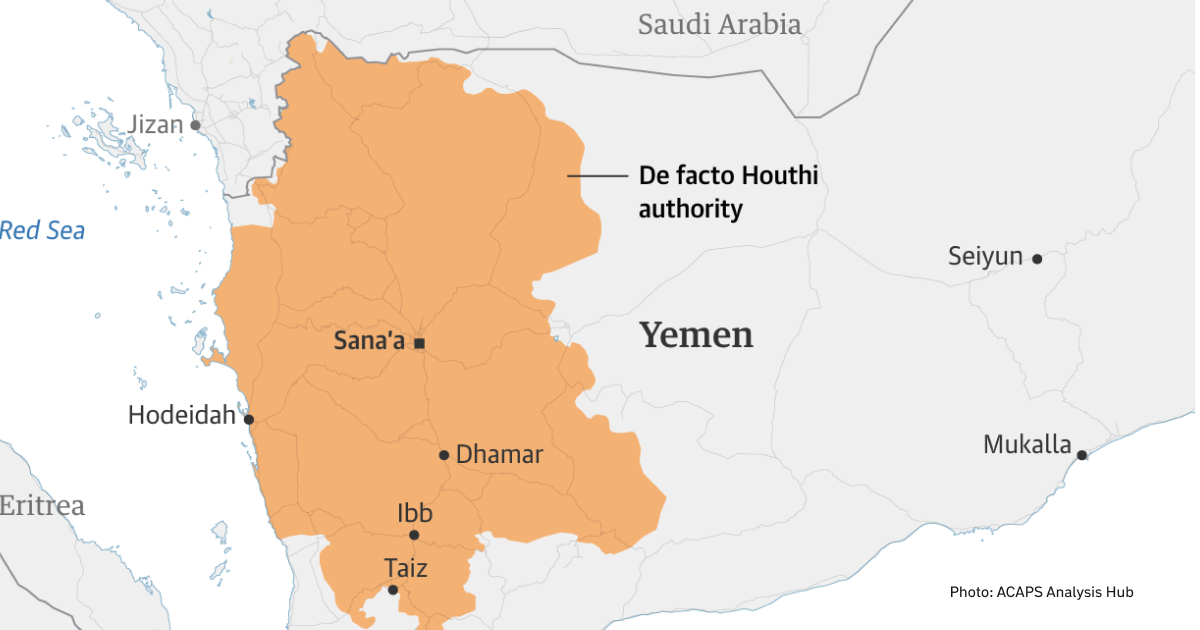
At the same time, Saudi Arabia has formed a coalition of Arab states to remove the Houthis. According to the UN, the Saudi-led bombing campaign has killed about 20,000 people, about half of them children.
The civil war in Yemen, according to UN estimates, has led to 377,000 deaths and four million displaced people by the end of 2021.
According to The Guardian, the Houthis have effectively won the war. A ceasefire agreement in April 2022 led to a significant reduction in violence, and hostilities have largely remained suspended despite the official end of the truce in October of that year.
Current situation in the Red Sea
Since November 2023, Yemeni Houthis have been attacking merchant ships in the Red Sea. The Houthis claim that these vessels allegedly have ties to Israel. Therefore, by attacking them, they are waging war against Israel and helping Hamas.
First, the Houthis seized the Galaxy Leader cargo ship and took the crew hostage. They claimed that the vessel was related to Israel. However, the ship belongs to the British company Ray Car Carriers and sails under the flag of the Bahamas. Israel then denied the ship's ownership and said that the crew members were citizens of Ukraine, Bulgaria, the Philippines and Mexico. There were 25 people on board. On December 12, Volodymyr Zelenskyy said that the Houthis captured four Ukrainians. He did not specify any other details.

Later, they attempted to seize the Liberian-flagged Central Park ship carrying phosphoric acid. It belongs to the London-based company Zodiac Maritime, part of Israeli billionaire Eyal Ofer's Zodiac Group holding. It happened in the Gulf of Aden, off the coast of Yemen. However, a US Navy warship responded to a distress call from the tanker and went to the rescue. The US military boarded the tanker and detained the attackers.
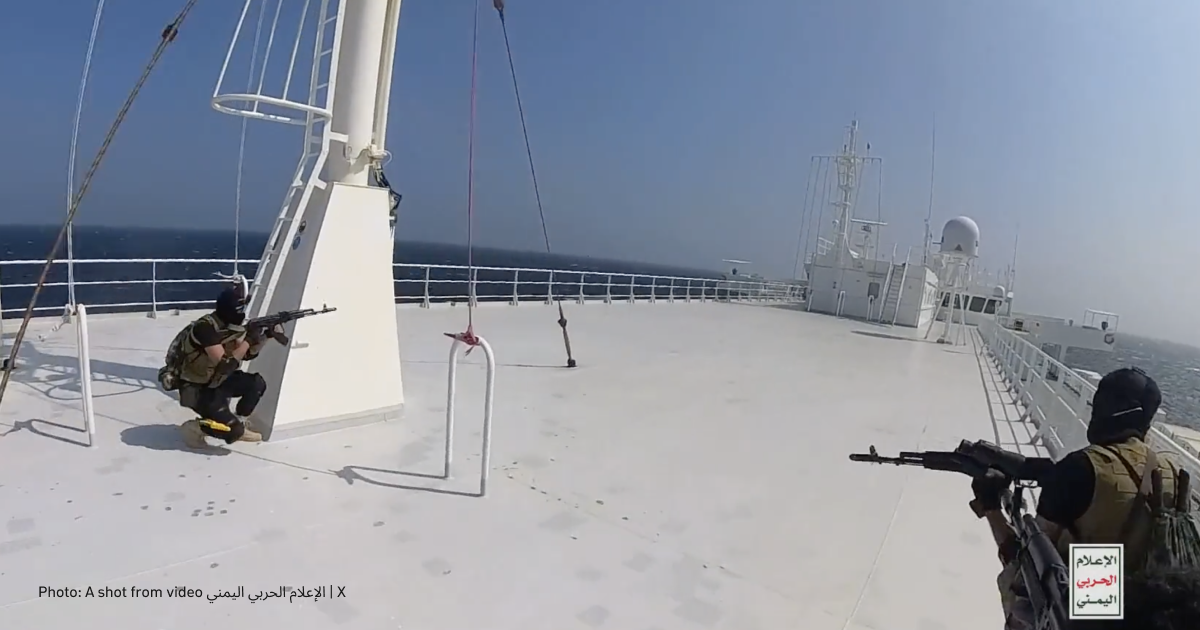
In December 2023, the Houthis began attacking ships with drones and missiles. On December 3, it became known that they had struck several commercial vessels and a US warship. The US Department of Defence later confirmed this information.
And on December 15, the Houthis attacked the Liberian-flagged Al Jasrah. The ship caught fire, but there were no casualties. The shell that hit the ship was fired from Houthi-controlled territory in Yemen.

As noted in The Times, the Houthi attacks have seriously disrupted shipping through the Red Sea and the Suez Canal, which carries about 15% of the world's maritime traffic. Many shipping companies have rerouted their vessels around southern Africa and the Cape of Good Hope. This route is longer than the Red Sea route, and the delays have economic consequences.
Given the situation, the United States announced the launch of Operation Prosperity Guardian, which was joined by more than 20 countries, including the United Kingdom, Canada, France, Spain, Norway, the Netherlands, and the Middle Eastern country of Bahrain. The operation aims to ensure freedom of navigation for all countries and strengthen regional security in the southern Red Sea and Gulf of Aden.
How did Yemen, Saudi Arabia, Iran and Russia, which are interested in the region, react?
Houthi Foreign Minister Hussein al-Izzi spoke on Yemen's Al-Masirah TV channel and threatened that the United States and Britain "will pay a high price for this blatant aggression".
Iranian Foreign Ministry spokesperson Nasser Kanaani "strongly condemned" the US and UK strikes on military targets.
"These deliberate attacks will have no result but to escalate tensions and instability in the region," Kanaani said.
Iran's spokesperson claims that the strikes are "a deliberate act, a clear violation of Yemen's sovereignty and territorial integrity, and a violation of international laws and rules".
Russia is convening a meeting of the UN Security Council on January 12.
Saudi Arabia's official press agency claims that the kingdom is watching the operation with "great concern", the BBC quotes.
The Lebanese group Hezbollah and the Palestinian Hamas also responded to the attacks on Houthi targets, the Iranian IRNA news agency reported.

In particular, Hamas said that "the attacks were blatant attempts to spread the conflict", probably referring to the confrontation between Hamas and Israel.


